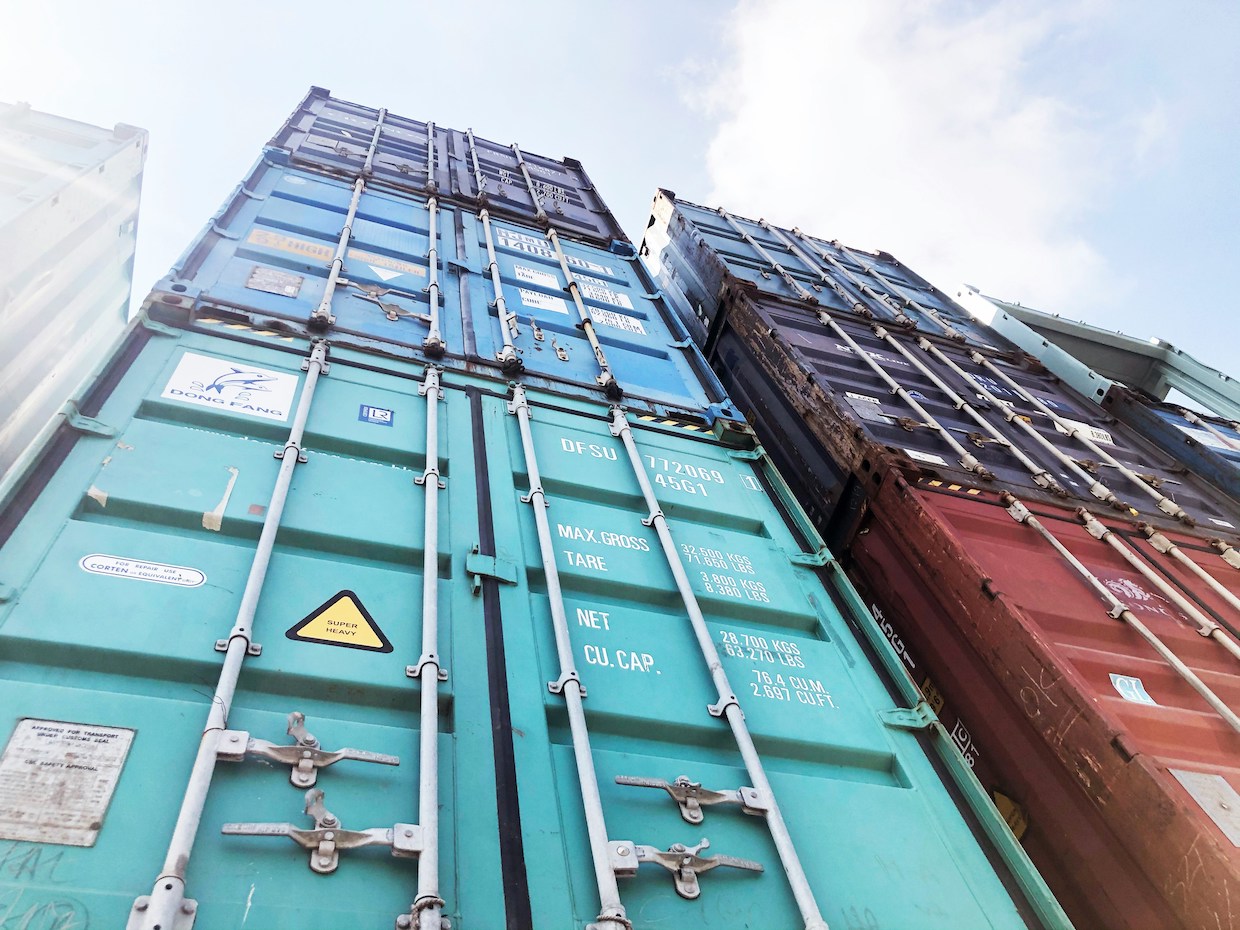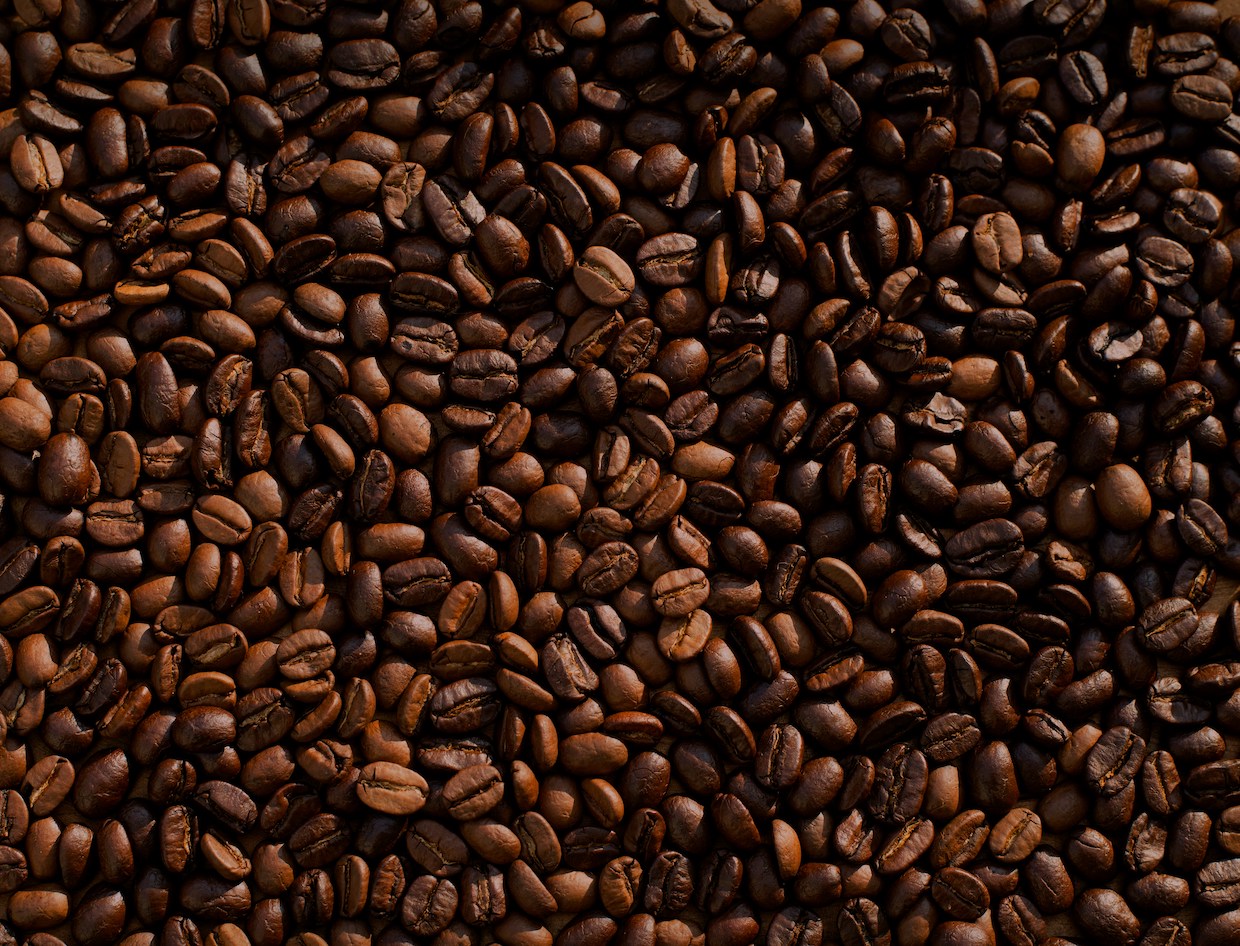United States President Donald Trump yesterday announced a sweeping 50% tariff on all Brazilian imports, up from the 10% tariff initially introduced in April.
Beyond the sordid political context — Trump said the tariffs were related to the “witch hunt” prosecution of former Brazilian president Jair Bolsonaro — the announcement has the global coffee industry on edge, with analysts predicting significantly higher prices for U.S. consumers should the tariffs take effect Aug. 1 as planned.
Brazil is the world’s largest coffee-producing and coffee-exporting nation, and the U.S. is the single biggest buyer of Brazilian coffee. The U.S. imported approximately $2 billion in Brazilian coffee in 2024, while the U.S. National Coffee Association estimates that for every $1 of imported coffee in the U.S., $43 is created in the U.S. economy.
According to a Financial Times analysis, coffee prices surged 3.5% this morning upon yesterday afternoon’s news. In a television interview with Bloomberg last night, Lavazza Chairman Giuseppe Lavazza said the move could make Brazilian coffee prices rise “quite a lot” and “could create a lot of inflation in our industry that’s already under stress.”
In a comment to the Brazilian financial news agency Valor International, the general director of the Brazilian coffee exporters association Cecafé Marcos Matos suggested that a 50% tariff would have dire consequences for the U.S. coffee industry. The reason, he said, is that Brazil primarily exports green coffee to the U.S., with much of the value-added processing, like roasting, taking place in the U.S.
In an update to its clients yesterday, green coffee importer Royal Coffee noted the Brazilian threats, while providing up-to-date information regarding other tariff rates slated to go into effect Aug. 1 affecting key coffee-producing countries, including: Indonesia (32%); Vietnam (20%); India (27%); and Nicaragua (19%). The company also noted that many other countries are slated to receive 10% tariff rates.
Despite ongoing efforts of the National Coffee Association and other private actors, coffee has not yet been exempted from these tariffs, which tax U.S businesses not the exporting country. Despite claims made by Trump that the tariffs are designed to promote U.S. manufacturing, the U.S. coffee-producing areas of Hawaii and Puerto Rico are not able to produce coffee anywhere near a scale to meet domestic demand, according to USDA trade statistics.
Comments? Questions? News to share? Contact DCN’s editors here. For all the latest coffee industry news, subscribe to the DCN newsletter.
Related Posts
Nick Brown
Nick Brown is the editor of Daily Coffee News by Roast Magazine.








Comment